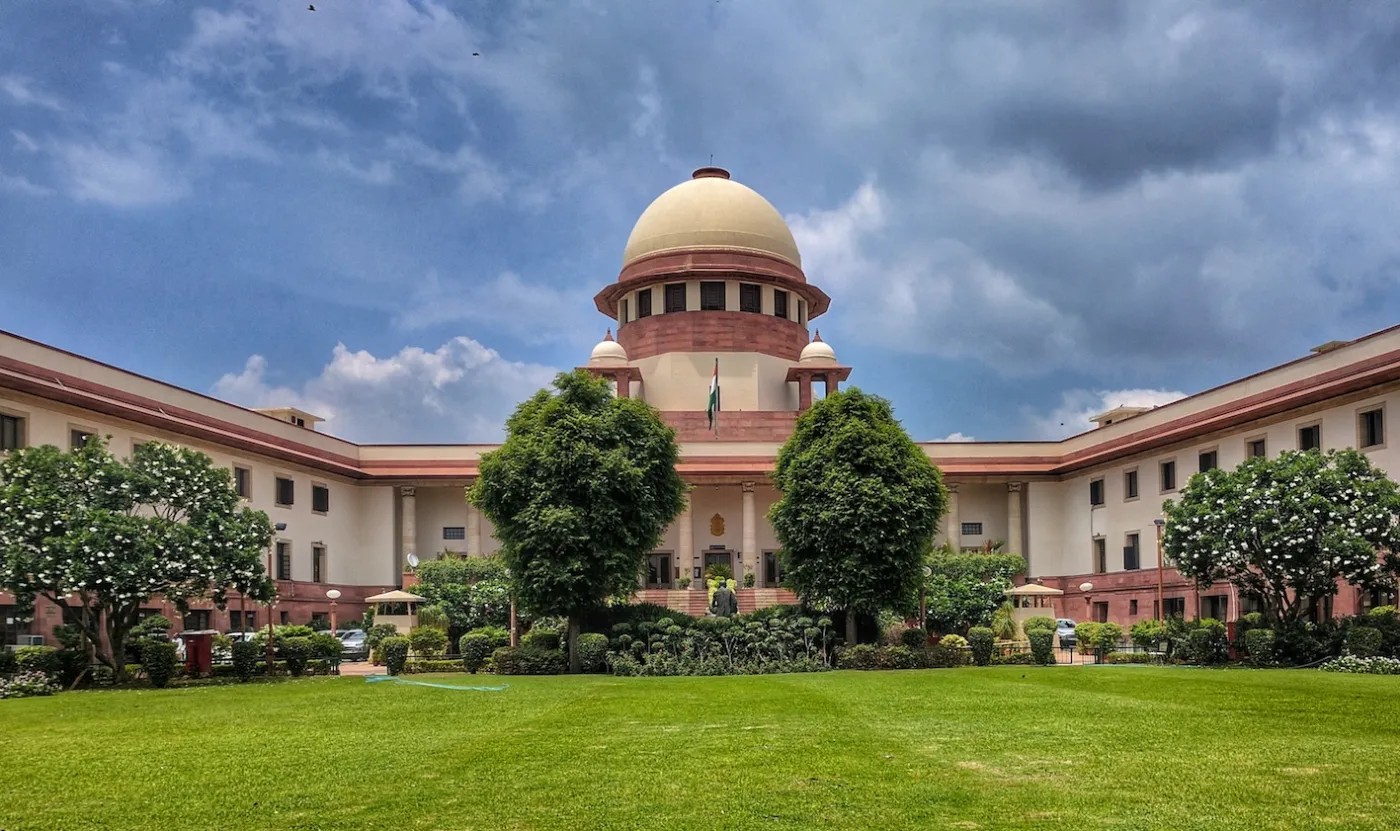Even after five years of pronouncement of Essar Steel (Committee of Creditors of Essar Steel India Ltd. V Satish Kumar Gupta & Ors (2020) 8 SCC 531), the dreaded hydra head which was slayed by the Supreme Court by setting out the ‘clean slate’ principle, seems to pop its head from time to time.
In a span of seven days, the Supreme Court had to twice re-affirm the ‘clean slate’ principle in Vaibhav Goel and Anr. V Deputy Commissioner of Income Tax (2025 SCC Online SC 592, decided March 20, 2025) (Vaibhav Goel), and JSW Steel Ltd. v Pratishtha Thakur Haritwal and Ors. (2025 SCC Online SC 672, decided on 27 March 2025) (JSW Steel).
In Vaibhav Goel, the Supreme Court was dealing with the issue of tax demand notices issued by the Income Tax Department (IT Department) on Tehri Iron and Steel Casting Limited (Corporate Debtor) which was taken over by Vaibhav Goel (who was a joint resolution applicant) pursuant to a resolution plan (Resolution Plan) approved by the National Company Law Tribunal (NCLT).
After the approval of the Resolution Plan by the NCLT, the IT Department had submitted claims pertaining to the years 2012-13 and 2013-14 which were not raised before the resolution professional of the Corporate Debtor (Resolution Plan), and therefore, were not dealt with in the Resolution Plan.
The Supreme Court, relying on its previous landmark judgement of Ghanashyam Mishra (Ghanashyam Mishra and Sons Pvt. Ltd. through the authorized signatory v Edelweiss Asset Reconstruction Company Ltd. through the Directors and Ors.) (2021)8 SCC 531) had to again re-affirm that as per Section 31(1) of the Insolvency and Bankruptcy Code, 2016 (IBC), once a resolution plan has been approved by NCLT, it becomes binding on all parties including the Central Government in respect of any statutory dues owned by the Corporate Debtor. Therefore, any statutory dues owned to the Central Government, if not a part of the approved resolution plan shall stand extinguished, and no proceedings could be continued in respect of such dues for the period prior to which the resolution plan is approved by NCLT because if such claims are taken into consideration, a successful resolution applicant will not be in a position to re-commence the business of the corporate debtor on a clean slate.
The Supreme Court, relying on its previous landmark judgement of Ghanashyam Mishra (Ghanashyam Mishra and Sons Pvt. Ltd. through the authorized signatory v Edelweiss Asset Reconstruction Company Ltd. through the Directors and Ors.) (2021)8 SCC 531) had to again re-affirm that as per Section 31(1) of the Insolvency and Bankruptcy Code, 2016 (IBC), once a resolution plan has been approved by NCLT, it becomes binding on all parties including the Central Government in respect of any statutory dues owned by the Corporate Debtor. Therefore, any statutory dues owned to the Central Government, if not a part of the approved resolution plan shall stand extinguished, and no proceedings could be continued in respect of such dues for the period prior to which the resolution plan is approved by NCLT because if such claims are taken into consideration, a successful resolution applicant will not be in a position to re-commence the business of the corporate debtor on a clean slate.
The facts of JSW Steel are more interesting as that the judgment of Ghanashyam Mishra was specifically pointed out by JSW Steel Ltd. (who took over the management of Monnet Ispat & Energy Ltd. through corporate insolvency process) to the officers in the Commercial Taxes Division, Government of Chhattisgarh (Commercial Taxes Division) to deny the tax claims since they were of a period prior to the approval of the resolution plan. It appears that the relevant officers of the Commercial Taxes Division still went ahead and issued tax demand notices to JSW Steel Ltd. Given the facts, the Supreme Court held that the continuation of tax proceedings by the offices of the Commercial Taxes Division even after the judgement of Ghanashyam Mishra was brought to their noticewas contemptuous in nature. The tax demand notices were held illegal and quashed and set aside by the Supreme Court.
The Supreme Court’s recent decisions provide greater comfort for potential resolution applicants against surprises in form of claims of statutory dues/ tax demands which can come up after a resolution applicant has taken over the business of a corporate debtor.
